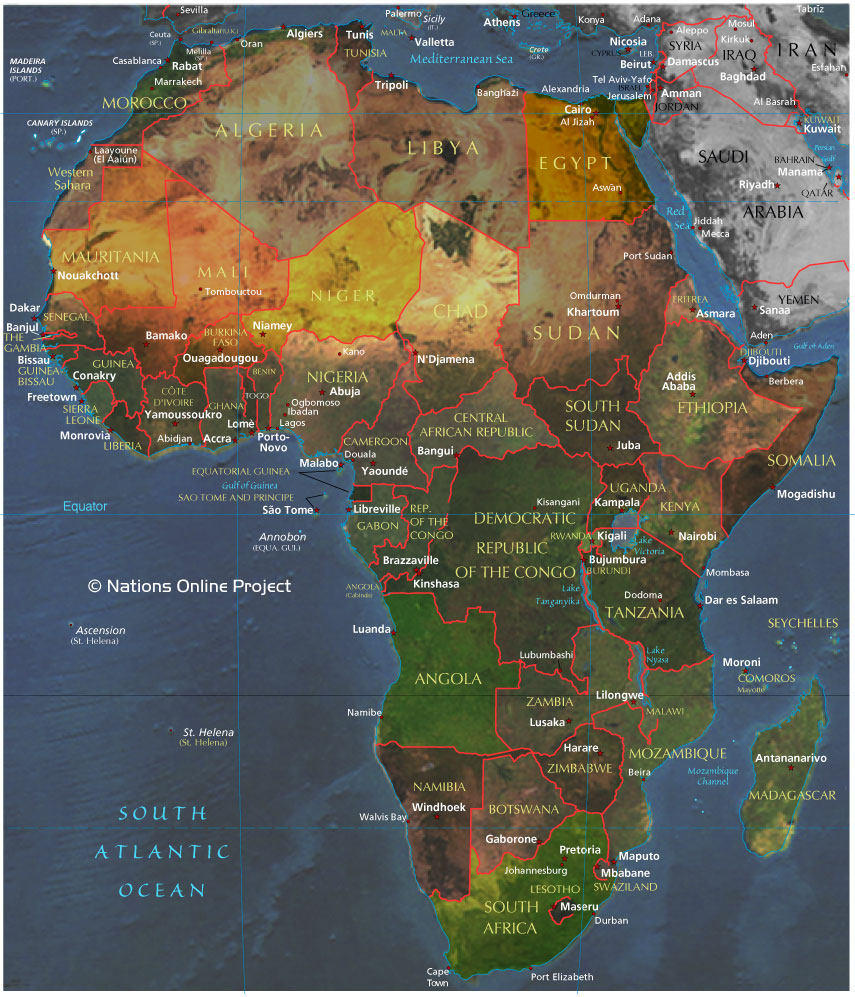Teachers Laurie Sanderson & Stephanie Reisler and their grade 3 students at Earl Haig Public School in Toronto created the film below with Planet in Focus, http://planetinfocus.org/, to educate adults and students on what Upcycling is and the benefits of doing so. Laurie Sanderson asked Joanne from Socio-Economic And Environmental Development Solutions (SEEDS) if she would like to be in their film to show how her Registered Canadian Charity http://www.sendseedstoafrica.org and SEEDS Garage Sales Store are making upcycling work both here in Canada and in Zambia Africa.
SEEDS Garage Sales Store at 1 Browning Ave., Tor., M4K 1V7, (P) 647 444-5534, collects gently used items from her community, sells them in the store and 97% of the proceeds go directly to the charity.
SEEDS, the charity collects Non-GMO fruit & vegetable seeds that would have gone into compost bins, drys them and sends them to Zambia Africa.
We work in Mongu and Kalabo, Western Province Zambia, an area which has very little commerce and lacks viable seed varieties to sustain the population. In this part of Zambia, 85% of the population lives in poverty, the highest level in the country. To help alleviate some of the food insecurity in the area due to these high levels of poverty, we collect non-GMO vegetable seeds in Toronto Canada, from student volunteers at Bendale B.T.I, an organic grocery store – The Big Carrot, and others. The seeds are then dried, packaged and sent to the Silozi Seed Bank in Mongu and Kalabo, where they are distributed to locals for planting. In exchange, these local partners gather fallen tree seeds for the tree and fruit tree nursery that is a budding enterprise at the Silozi Seed Bank. These trees are then planted in communities by our local staff and through our voluntourism tree planting initiative. Surplus seedlings are also sold to Private Game Parks for a nominal fee to help support project activities and to reforest areas that sustain endangered Elephants. Thanks to the generous donations of our partners and volunteers, since 2013, we have, so far collected, dried, packaged and sent over 4.5 million seeds and handed out seeds to over 350 families.
By recycling seeds that would have otherwise been thrown out or composted, we are implementing a self-sufficient seed bank & tree nursery that provides relevant training for year round agriculture; improves the genetic diversity of local gardens, farms and kitchens and builds resilient healthy food systems and people. We believe that providing villagers with hardier varieties of vegetable seeds, helps them earn more income and reduce food scarcity in their villages, lessening the need to poach animals and decreases the number of human elephant interactions and conflict. Further, the trees we grow and plant help to reforest communities, provide shade, are a source of food, fuel, fertilizer, and assist with controlling the erosion of the soil.
Thanks so much to teachers Laurie Sanderson and Stephanie Reisler and your wonderful students for a job well done. You are educating the world!



Pingback: Socio-Economic And Environmental Development Solutions (SEEDS) » Starting our 7th year so Thank you!
Want to start a SEEDS affiliation/ in Nambia..any ideas?
Do you have a place to store and grow the seeds? Are you near a city or town with hotels or restaurants? If so, approach the manager of the hotel & restaurants and ask them to save the seeds for you when they prepare food for customers. You can arrange to pick the seeds up, take them home, dry them and then start planting and growing. On this web site it tells you how to grow all of the seeds I send to Zambia. So get back to me and let me know what town you are closest to and I will see what I can do about sending you some seeds from Canada. Thanks for your interest!